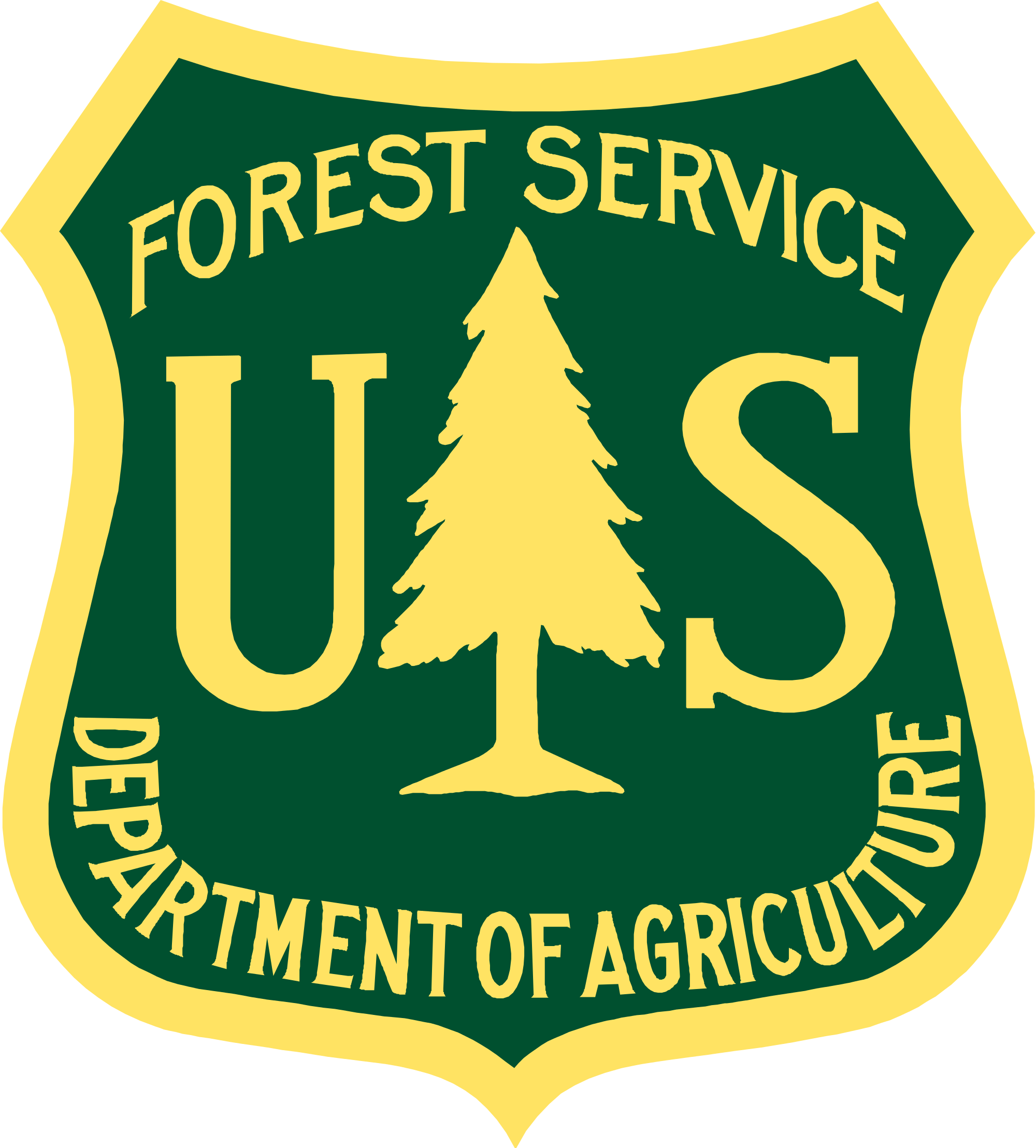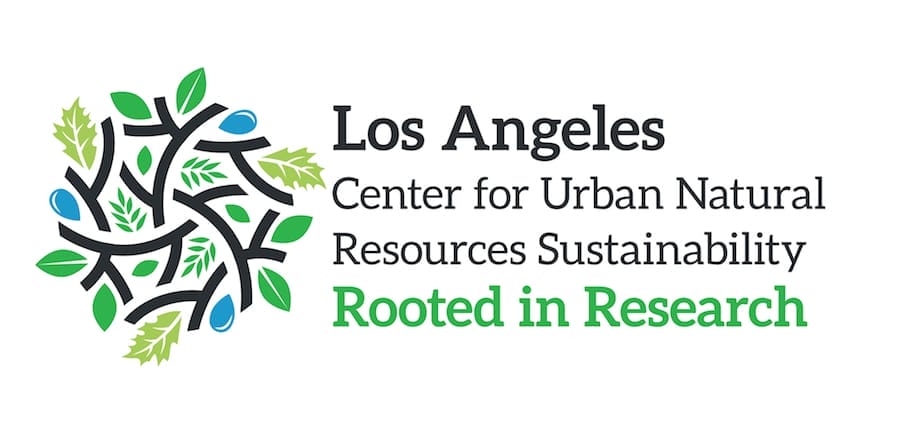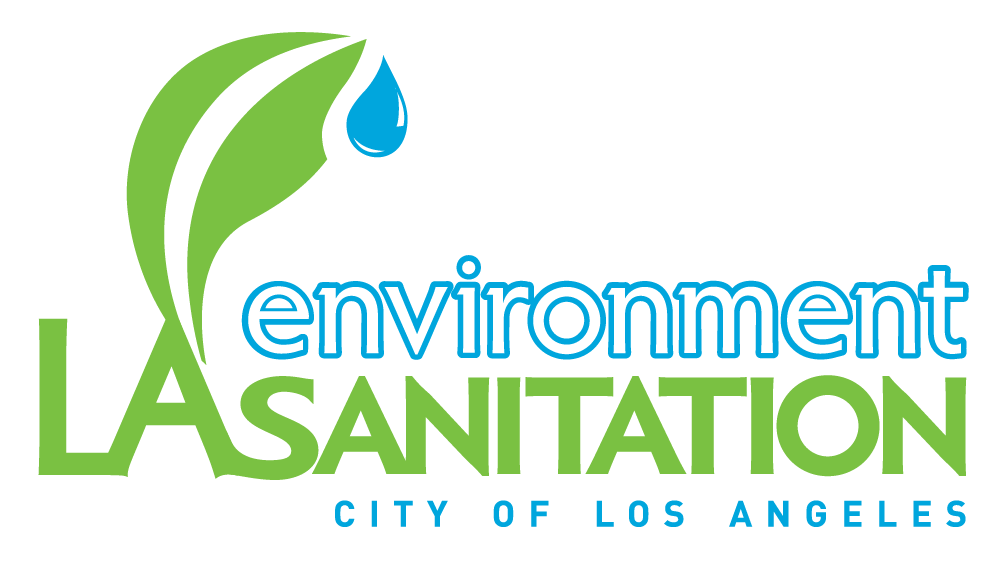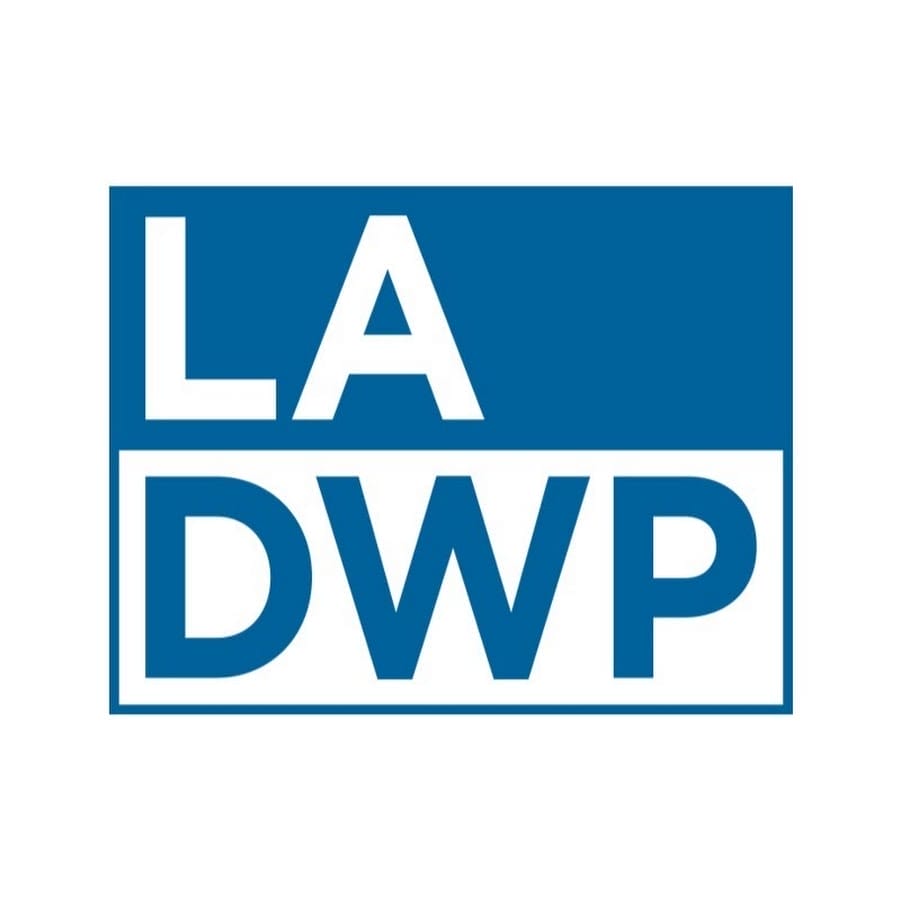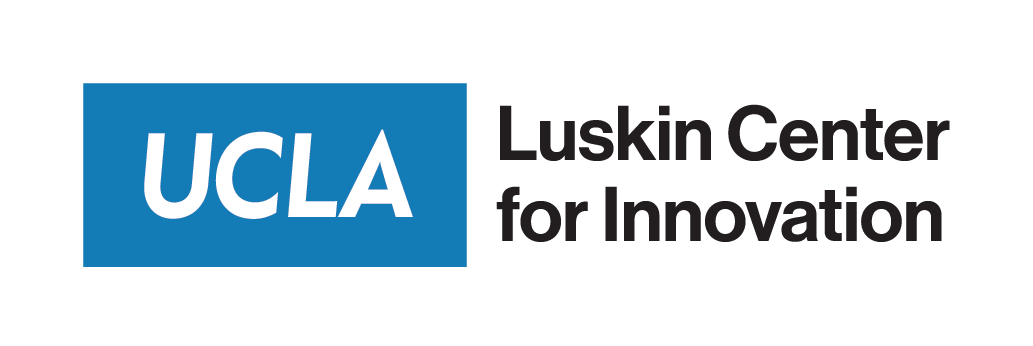LA Urban Forest Equity Community Action Toolkit
Presented by the Los Angeles Urban Equity CollectiveIntroduction
The Los Angeles Urban Forest Equity Collective (UFEC) launched a multi-year project focused on tree canopy equity in Los Angeles. This community action toolkit is intended to empower and equip residents, individuals, or community-based organizations with practical and adaptable tools to advance urban greening in low-canopy neighborhoods, both in Los Angeles and beyond. We acknowledge that this work is ongoing: there is much to be done on the fronts of community engagement, policymaking, and planning to achieve urban forest equity across LA, and the tools and resources we provide here can and should be revisited and refined.
As residents of your neighborhood, your lived experiences and understanding of your community are essential to advancing urban forest equity. You and your neighbors are the ones who best understand where trees are most needed, which barriers prevent you from planting or having healthy trees, and more. Your established relationships within your community oftentimes allow you to be more approachable and personable than City Officials or nonprofit organizations. Your leadership role will encourage the participation of community members who might feel uncomfortable. Through welcoming, encouraging, and listening to the voices in your community, you will amplify the needs of your friends, family, and neighbors and empower them with the tools to grow a healthier future for generations to come.
What is the LA Urban Forest Equity Collective?
The LA Urban Forest Equity Collective (UFEC) is a consortium of urban greening experts, City of Los Angeles staff, community-based organizations, researchers, and consultants. This collaboration among interdisciplinary, cross-sectoral partners imbues UFEC’s work with a uniquely holistic, multi-faceted lens on urban forestry issues spanning ecological and social concerns, spatial characteristics, community buy-in, implementation, and policy. Organizations represented in the UFEC include City Plants; LA Office of Forest Management; LA Bureau of Street Services; LA Bureau of Sanitation & Environment; LA Department of Public Works; LA Department of Water and Power; LA Department of Recreation & Parks; University of California Division of Agriculture and Natural Resources; University of California Los Angeles Luskin Center for Innovation; University of Southern California Urban Trees Initiative; TreePeople (TP); North East Trees; South LA Tree Coalition; California Climate Action Corps; CAPA Strategies; Stoss Landscape Urbanism; and others.
LA Urban Forest Equity Collective Vision Statement
Los Angeles communities and leaders recognize the systemic causes and impacts of urban forest inequity and work together to dismantle the physical, political, and social barriers that perpetuate it. Los Angeles is actively growing, protecting, and prioritizing an accessible, inclusive, and adequately funded urban forest for all Angelenos. By advancing urban forest equity, Los Angeles will build climate resilience and enduring protection for our frontline communities.
Overview of Urban Forest Equity in Los Angeles
Urban forestry patterns across California reveal that underserved cities and neighborhoods correlate with socioeconomic status. In many communities, the historic trauma imposed by redlining and other racist policies has led to a mistrust of the government. In some cases, the perceived correlation between canopy cover and crime has led to the removal of trees to facilitate an increased presence of police surveillance in neighborhoods of color. Research shows that more trees can improve neighborhood safety by eliminating precursors to violence. These misperceptions can influence community members to be hesitant to join urban forestry movements or agree to plant and care for a tree.
Overcoming centuries of discriminatory urban planning and investment decisions cannot be done overnight. Rectifying the current socio-political landscape of Los Angeles requires deliberate and concerted actions. As a community member, your goal is to foster connections between your community and the urban forest. Rather than leading with what we individually may believe to be the most important reason to support urban greening, we suggest creating the space for a collective and co-managed approach. Meet the needs of the community first and discuss the role that greening the neighborhood might offer.
Why Trees?
Trees offer many benefits to our communities. They store carbon dioxide and produce oxygen, combat climate change, increase biodiversity, and improve public health. Planting and caring for trees fosters a more livable city. Most notably, urban trees can offset the urban heat island effect. Increased temperatures intensify heat waves in cities, which results in increased mortality. Heat-related illness and death have a greater impact on communities of color, the elderly, low to middle income households, workers, and the unhoused. Extreme heat can worsen chronic illnesses, such as diabetes, heart, respiratory, and autoimmune conditions. Trees lower surface and air temperatures through evapotranspiration and cooling shade. Everyone deserves access to trees.
Strategically planting shade trees in public spaces and on private property can provide life-saving shelter from the heat, reduce energy use, improve air quality, and enhance our overall quality of life.
Why Now?
Extreme Heat: Heat is the nation’s deadliest weather disaster, killing approximately 12,000 people a year. Annually, extreme heat causes more deaths than hurricanes, floods, tornadoes, and lightning combined. Los Angeles is expected to get hotter and hotter in the coming decades as climate change brings even more intense heat waves.
Our Urban Forest is Inequitable & Under Threat: Our city has lost thousands of trees due to drought, pests, and development. Many more are reaching the end of their life cycles in the coming decades. We are losing trees at a time when we need them the most. The City’s Urban Forestry Division estimates our neighborhoods will lose up to 50% of our street trees due to old age in the next 40 years (State of the Street Trees Report, City of Los Angeles, 2015).
Trees Are Key: Trees protect our communities and grow climate resilience. We must plant strategically and aggressively now to ensure future generations are equipped with a cooling canopy of healthy, mature trees — even during the drought.







